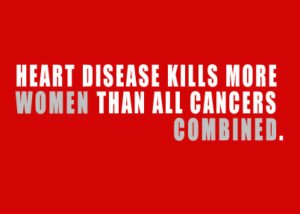
You’ve heard about the amazing virtues of aged garlic extract, particularly as they pertain to heart health.
Studies have shown that aged garlic extract can help prevent coronary heart disease and improve cholesterol profile. And there’s more:
Aged garlic extract improves endothelial lining function in men with clogged arteries (Phytonutrient Research; Williams et al).
The endothelium lining is the single layer of cells that line the interior walls of blood vessels including those of the heart.
Aged garlic extract also reduces the risk of dementia (Journal of Nutrition; Borek).
A therapeutic dose of a garlic supplement is equivalent to three raw medium sized cloves of garlic.
So can a certain amount of aged garlic extract actually be bad?
“It depends on how much you weigh and if you have other medical issues,” says Stacy Mitchell Doyle, MD, resident physician of FoodTherapyMD and long-time advocate of plant-based nutritional protocols.
“It also depends on the concentration of garlic in the particular supplement,” continues Dr. Doyle.
“Supplements are not regulated like prescription drugs, so the amount of actual garlic present will vary between brands, and even between bottles of the same brand.
“For raw garlic, toxicity can start to be seen around 17 grams a day, but smaller doses of aged garlic, like three grams a day, can cause bleeding in those who are prone to bleeding or having surgery, or are on blood thinners.”
If you are on coumadin (Warfarin) or any other blood thinner including daily aspirin therapy, speak to your prescribing doctor if you wish to take aged garlic extract as a daily supplement.
Though this herb has anti-coagulant properties, it should not be taken as an adjunct to your anti-coagulant therapy.
But you may want to consider it for its other benefits, such as the ones listed above.










































